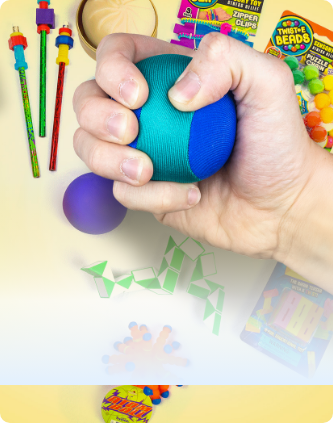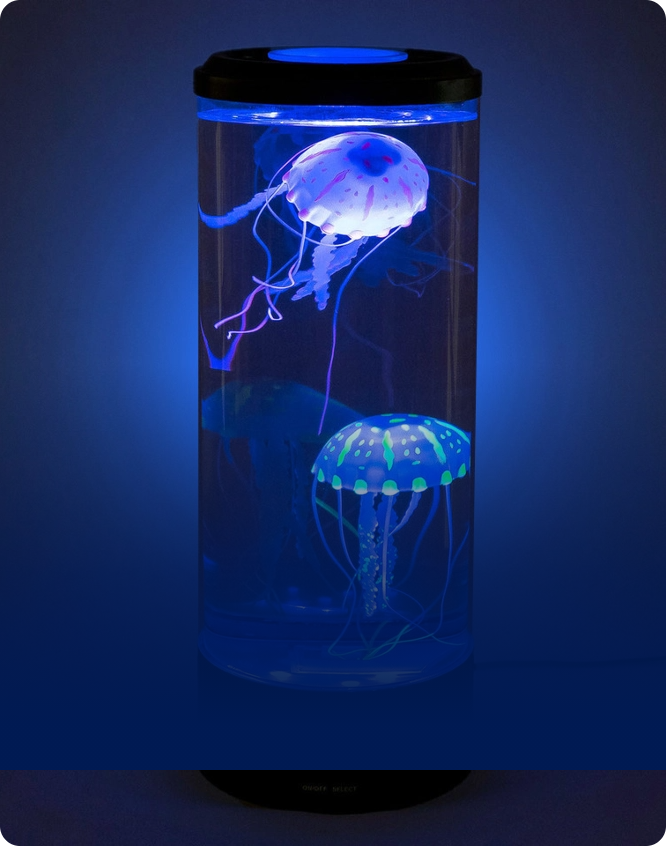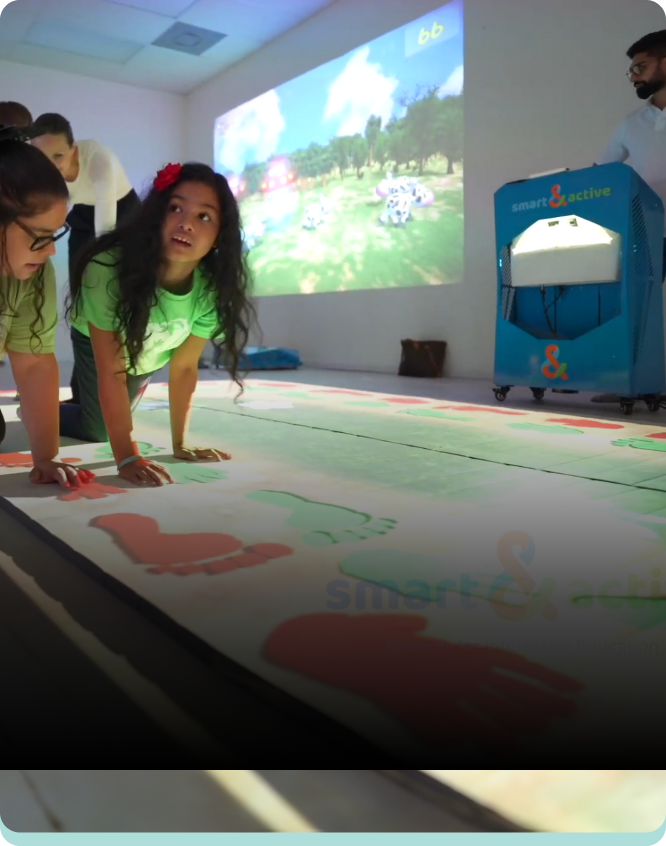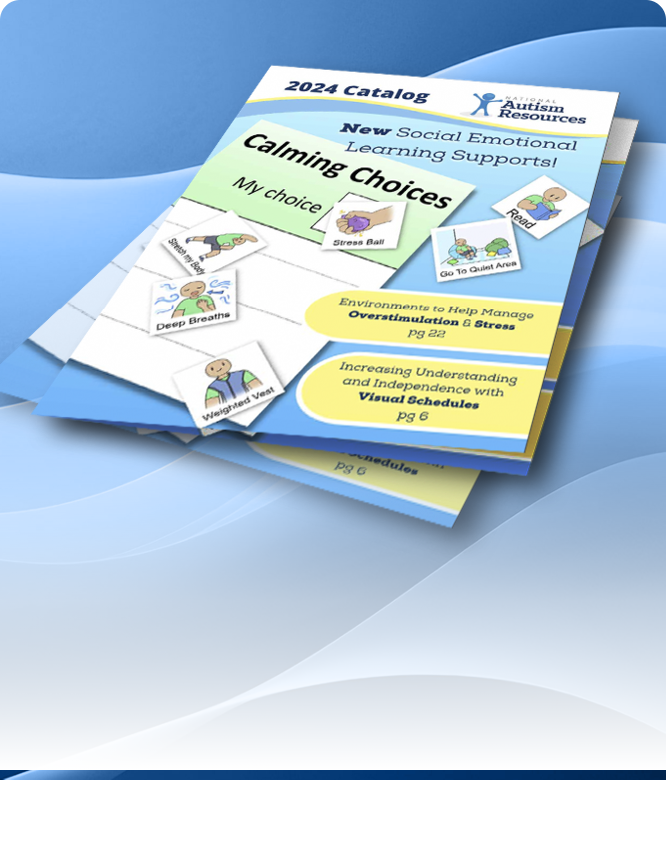
Product Details
The idea of the Stop, Relax & Think system is exactly that - learning how to stop and relax your mind and body so that you can think in difficult situations. The goal of this system is to help students learn to communicate their emotions, improve their problem solving skills, slow down, think before they act, increase hope, and correct cognitive distortions. Use this system at home, in the classroom, or in therapy settings to teach students to manage stress and anxiety as they build CASEL skills in the areas of self-awareness, self-management, social awareness, relationship skills, and responsible decision-making. The game is an effective intervention for students who can be impulsive, display low frustration tolerance, or are at risk for developing disruptive behavior disorders, mood disorders, and anxiety disorders.
Choose from the card game, board game, workbook, or purchase together as a set.
Card Game:
Players are encouraged to cooperate with each other and begin conversations about the topics discussed. Be sure to take time during the game to explain and expand on topics as needed - these cards are designed to provide plenty of learning opportunities!
To play, each player is given six cards. Each card belongs to one of three suits-- Feeling, Relaxing, or Thinking. The goal of the game is to complete all three suits by acquiring each type of card. Players will go around in a circle, taking cards from the draw pile and adding them to their hand. For each card drawn, the player demonstrates or acts out the scenario on the card. Feeling cards are designed to help students understand their feelings and build empathy. Relaxing cards feature different relaxation techniques students practice. Thinking cards challenge kids to think aloud about problems. Stop cards mean that the player must lose a turn. This presents players the opportunity to cope with unexpected events.
For older students, this game can be modified by adding three additional cards: Stressed, Confused, and Discouraged. If a player draws a Stressed card, they must ask another player for a Relaxing card and demonstrate the relaxing technique. If a Confused card is drawn, the player must ask for a Thinking card, and talk about a plan that would fit the card's prompt. If the player draws a Discouraged Card, they may ask for any card they need; however, they must first say an encouraging statement to the player holding the card they need.
Contents: Instruction sheet; 72 cards: 16 Feeling, 16 Relaxing, 16 Thinking, 9 Stop, 12 blank, 1 Stressed, 1 Confused, and 1 Discouraged.
Players: 2-4
Ages: 6-12
Workbook:
Activities in the workbook are designed to help students understand the impact of their behaviors on themselves and their peers. Using cognitive behavioral techniques, the fun exercises empower students to learn the importance of self-control, make appropriate choices, and react appropriately in a variety of situations.
The workbook is divided into 8 sections that each teach specific cognitive behavioral skills through the use of 8 activities, puzzles, and games. Sections include: Organizing Tasks and Activities; Staying Focused and Completing One Task at a Time; Listening to Directions and Following Instructions; Remaining Calm in Given Situations; Remembering to Do What is Expected of You; Engaging in Quiet Activities without Disturbing Others; Thinking About consequences Before Acting; Behaving Appropriately in Given Situations.
We love and appreciate our customers! To thank you for shopping with us, when you contact us at customerservice@nationalautismresources.com with your order number, we will gladly send you a digital copy of the workbook.
85 pages
Board Game:
Use this fun game to teach regulation skills and to generalize new skills in the home or classroom. Players move through the Feelings, Stop, Relax, and Think sections of the game board, collecting chips along the way. The player with the most chips wins the game.
When a player lands on a ‘Feelings’ space they answer a question from a feelings card. This section helps players learn to identify feelings and early signs of stress, which is essential to achieving self-control.
When a player lands on a ‘stop’ space, they roll an 8-sided die. Next, they look at a stop card, find the corresponding number, and perform the action until the person on his/her right says "Stop." If the player stops immediately they receive a chip. This helps players practice learning how to stop and/or react automatically.
When a player lands on a ‘relax’ space, they practice a relaxation skill. The ability to relax is a powerful asset for a child who is building self-control skills.
The ‘think’ section includes cards with scenarios that encourage players to think through problems and brainstorm solutions.
Contents: game board, 8-sided Die, 6-sided Die, 6 Pawns, 30 Tokens, Stop Card, 36 Feelings Cards, 36 Think Cards, and Instructions.
Players: 2-6
Ages: 6-12
Warranty Information















